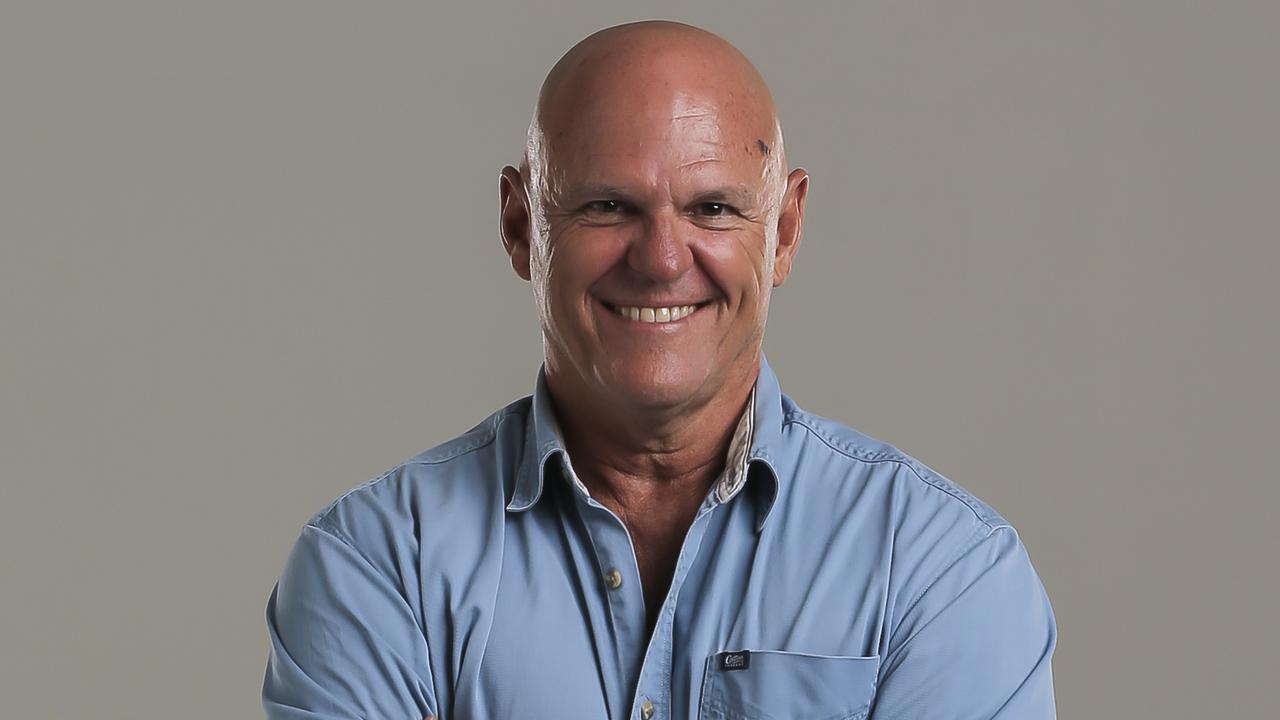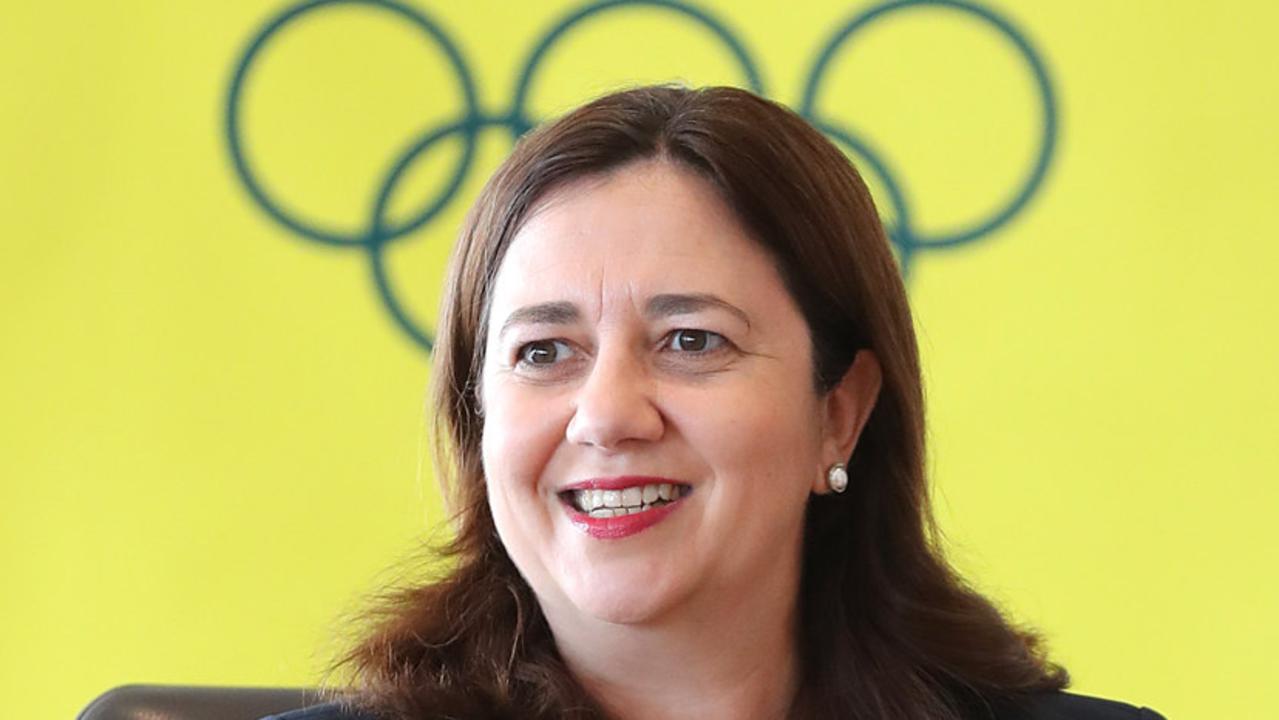Reforms to the youth justice system recommended by former commissioner Bob Atkinson could affect election chances
REFORMING the youth justice system has become a perennial issue and the latest recommendations from former police commissioner Bob Atkinson may end up being no different, writes Sarah Vogler.
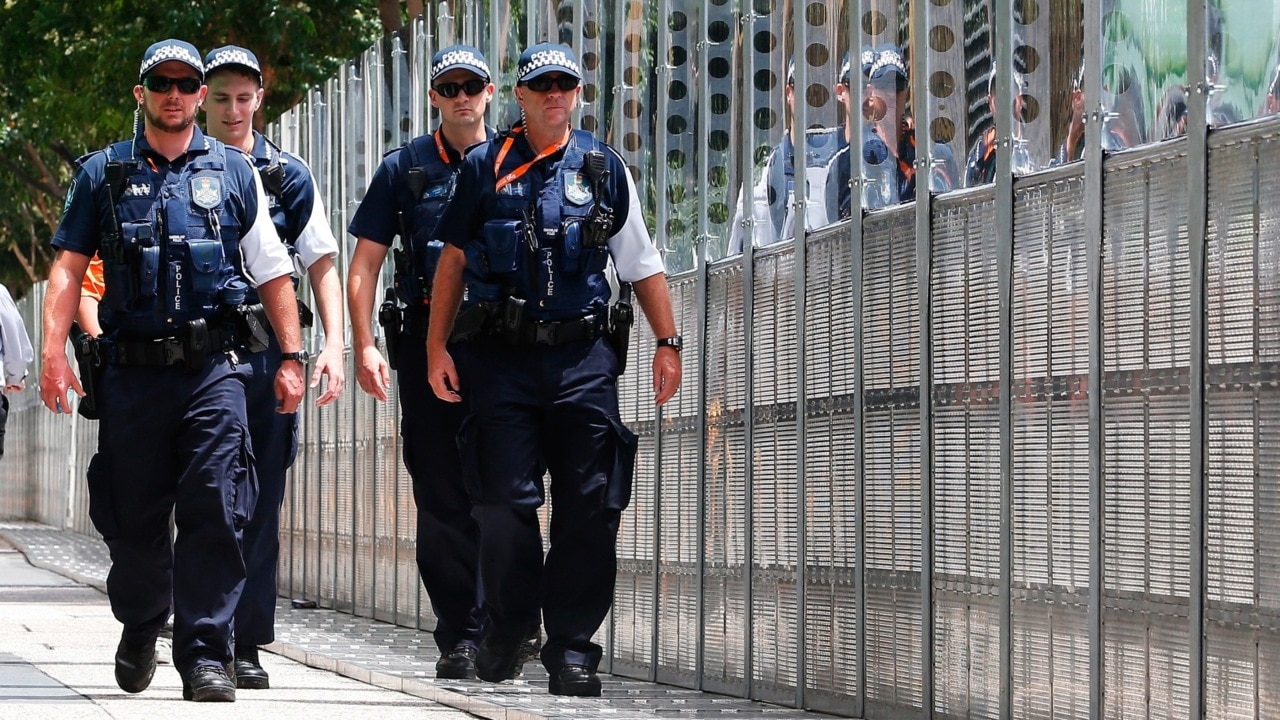
Opinion
Don't miss out on the headlines from Opinion. Followed categories will be added to My News.
AS THE oft-used saying goes, insanity is doing the same thing over and over and expecting a different result. It seems like a clear enough concept. But in politics, nothing is ever clear cut.
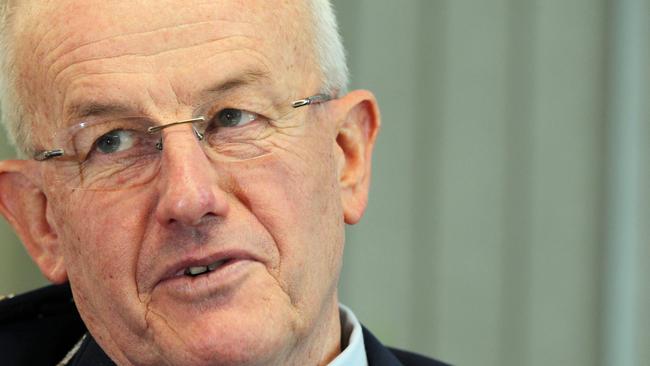
Political parties need to consider whether changing things will help them to get the right results and help them to hold or win power at the next election.
Labor is currently facing that dilemma. It asked former Queensland police commissioner Bob Atkinson to look into the youth justice system – and look into it he did.
He presented the Government with options you would expect Labor to embrace.
He called for a stronger focus on early-intervention programs.
He wants the Government to adopt the goal of halving the number of children entering detention for the first time (about 516 in 2016-17) by 2019-20.
And he wants to increase the age of criminal responsibility from 10 years to 12, with new laws considered in the interim to keep those aged 10 and 11 out of custody, except for very serious offences.
Those seem easy enough.
But in a climate in which crime and the response to it has become a political football, many of the other recommendations will require delicate handling.
These include a recommendation that the Government consider home detention with electronic monitoring as an alternative to youth detention centres.
And giving police the discretion not to prosecute young offenders for minor crimes.
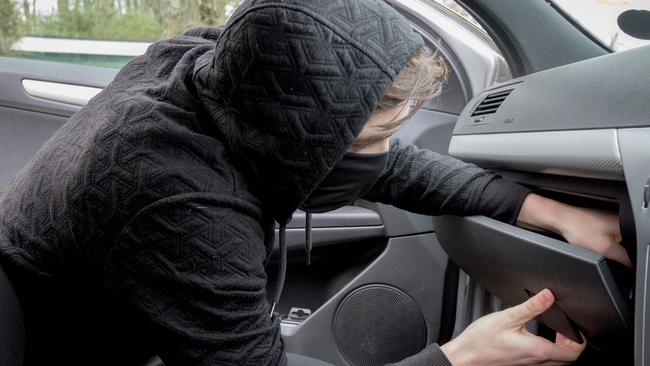
Mr Atkinson rightly points out that building more and more prisons should not be the answer.
But the former head of the Queensland Police Service was also quick to point out that he was not recommending the Government go soft on crime.
“I do think – without being soft in any way – there are more sensible and better ways we can approach a whole range of issues,” he said.
He says this because he knows full well that opponents of his plan will play on community fears and accuse the Government of going soft on crime if they implement it.
The LNP ran hard on youth crime in Townsville, favouring curfews and detention to clean up the streets. In fact, there has barely been an election in recent times in which being tough on crime has not been part of the narrative.
If the LNP’s response to yesterday’s report is anything to go by, it is unlikely to support some of the more controversial reforms.
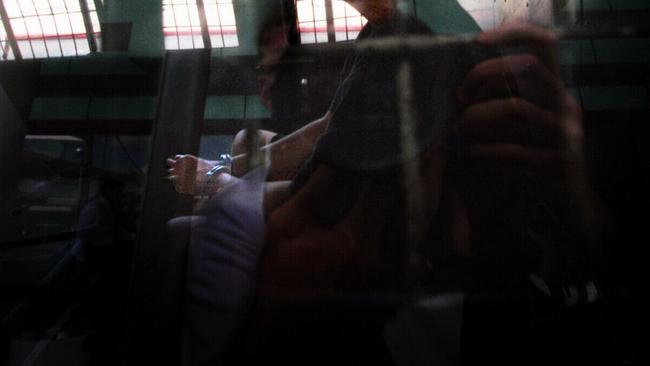
“Asking the police to make a decision when, or not, to enforce the law is unacceptable,” the Opposition’s justice spokesman David Janetzki said as he responded to the report within hours of its release.
“We can’t have young offenders sitting at home with a GPS device playing Xbox.”
Child Safety Minister Di Farmer has stopped short of adopting all of the recommendations just yet. Instead, she will gauge community views on the report first.
But she too has pointed out that something needs to change.
“We cannot keep doing the same thing year after year after year about youth crime and expect the results to be different,” she said.
The true test will be just how politically brave the Government is willing to be to tackle this perennial problem.


